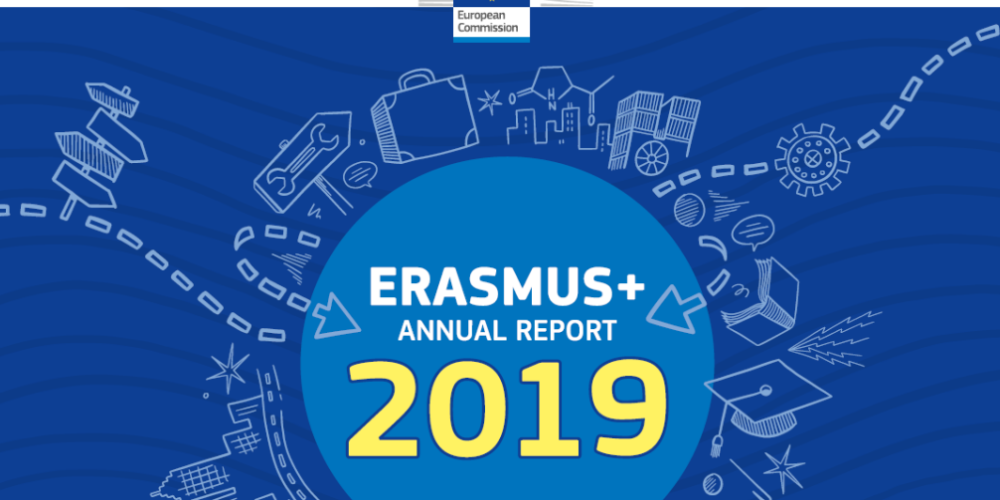

Erasmus support worth €21m as Irish learners pass 11,000 beneficiaries for first time
Gerry O'Sullivan
Posted: 11 January, 2021
According to the latest Annual Erasmus+ Report released by the European Commission, 11,319 students and staff across all sectors of education and youth in Ireland benefited from the EU study/work abroad programme in 2019. The Report reveals that the Irish participation level passed the 10,000 mark for the first time, an increase of 15% from the 9,645 rate recorded in 2018.
Of that number, a record 4,448 students and staff (up from 4,160 in 2018, a 7% rise) from the higher education sector undertook study visits, traineeships, teaching and training visits. 1,170 of the 4,448 took part in traineeships working for periods in European businesses and places of employment. In the same period, a total of 9,895 students and staff came to Ireland for similar activities in 2019.
The Erasmus+ support was worth €21.09m across all sectors of formal and informal learning in Ireland, an increase of €2.34m (11%) on the 2018 figures.
The University of Limerick sends the most students on Erasmus+ mobilities and France is the most popular destination followed by Spain and Germany. 497 students from Ireland engaged in mobilities in the UK. Ireland sent students to every Programme Country (EU28 + 5) with the exception of North Macedonia.
The EU Commissioner for Innovation, Research, Culture, Education and Youth, Mariya Gabriel says “By supporting the learning mobility of people and by strengthening co-operation between institutions across Europe and beyond, Erasmus+ has in 2019 provided an unparalleled chance for learners to broaden their perspective of Europe and the world, bringing many unique opportunities at developing essential transversal skills, fostering learning and innovation, boosting employability, promoting excellence, and increasing participation in democratic life.”
Trinity College Dublin and Dublin City University were also selected among 141 higher education institutions who will participate in one of the eleven European Universities Alliances launched for the first time in 2019.
Commissioner Gabriel went on to add “Our vision of achieving a European Education Area by 2025 reflects the growing aspirations of young people, their passion and ideas on how to make our societies fairer, more resilient, more digital and green. It is simply based on the freedom to learn and to co-operate across Europe, and requires we provide high quality and inclusive education at all stages of life”.
In 2019, Erasmus+ (the largest programme of its kind in the world) supported close to 940,000 learning experiences abroad, financed more than 111,500 organisations and funded almost 25, 500 projects.

